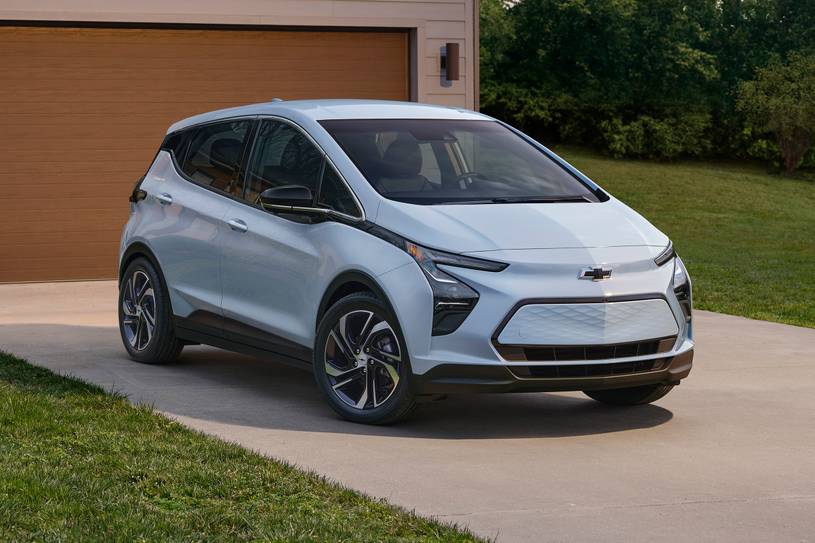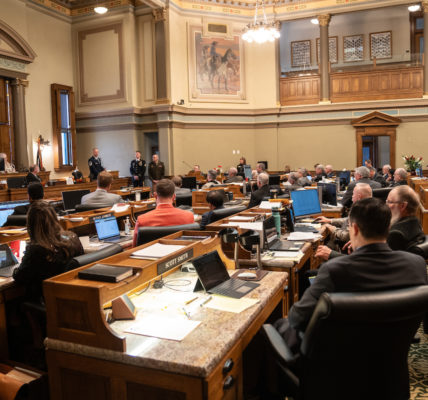
By Zak Sonntag
Casper Star-Tribune
Via- Wyoming News Exchange
CASPER — Electric vehicles are deepening America’s partisan ruts, and it’s evident on both car lots and capital hill.
Polling and sales data show that while Democrats are buying EVs in droves, Republicans are hesitant to make the switch from internal combustion, according to surveys from Gallup, Pew Research and others.
Wyoming — the most red state in the union — fits this description: The market share of new EV sales in the Cowboy State was 2.1% in 2023, dragging significantly behind the nationwide average of 9.5%, according to industry group Alliance for Automotive Innovation.
Politics aside, there’s a more practical explanation for the slow inroads of battery vehicles here, where small communities separated by vast stretches of roadway give added meaning to “range anxiety,” and present unique challenges to the Biden administration’s initiative to “electrify the great American road trip.”
That hasn’t stopped local leaders from negotiating federal grants to expand charging infrastructure in Wyoming.
But cooperation dead-ends there, and this week the state’s federal delegates pushed legislation that could stop electric vehicles in their tracks.
Wyoming Senators John Barrasso and Cynthia Lummis, both R-WY, sponsored a pair of bills that lay siege to EVs on multiple fronts. The first aims to end the federal tax credit for new electric vehicles and abolish the investment tax credit for electric vehicle charging stations.
The second would block the Biden administration’s electric vehicle mandates by stripping the Environmental Protection Agency of its authority to regulate tailpipe emissions under Title II of the Clean Air Act.
“The federal government has no business pushing Americans into expensive electric cars they don’t want or can’t afford,” said Barrasso in a statement.
It comes a month after the EPA officialized a years-in-the-making rule designed to reduce emissions from the transportation sector, the single largest source of carbon emissions in the U.S, and a critical component of its ambition to cut the country’s carbon footprint by half before the next decade. The regulation imposes tailpipe emissions standards on automakers with the intention to ensure that half of all new vehicles sold by 2032 are zero-emissions.
But Wyoming’s leaders do not want to see that happen.
“The federal government has no business telling the people of Wyoming which vehicles they should or shouldn’t own, yet this administration keeps trying to force Wyoming drivers to purchase expensive electric vehicles that are ill-equipped to navigate our harsh terrain in order to score political points with climate activists,” said Lummis said in a statement.




